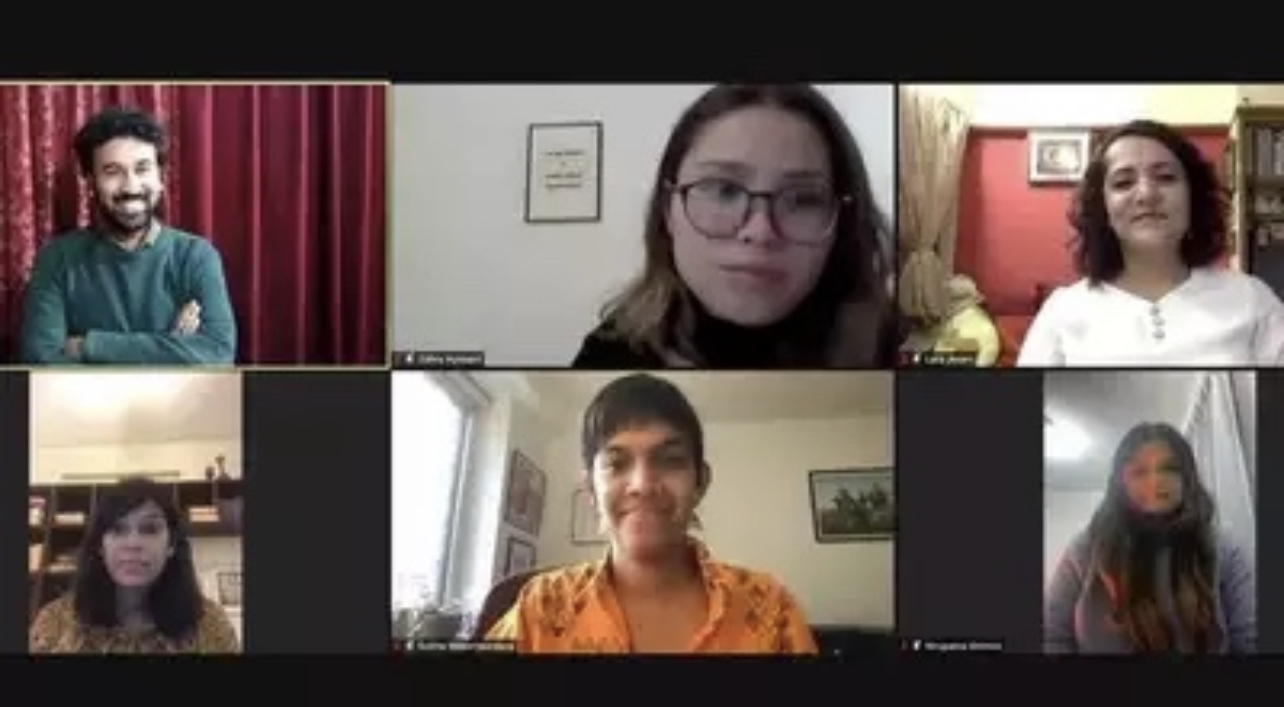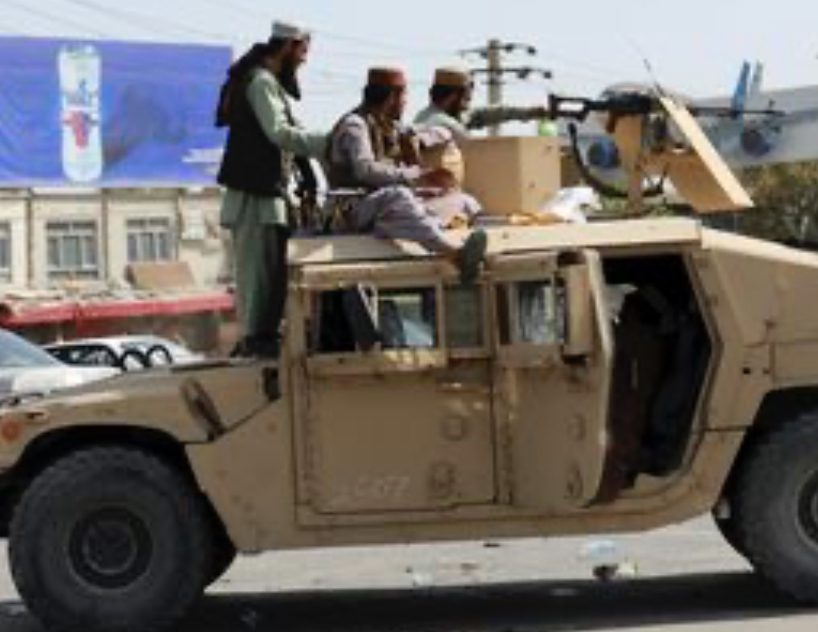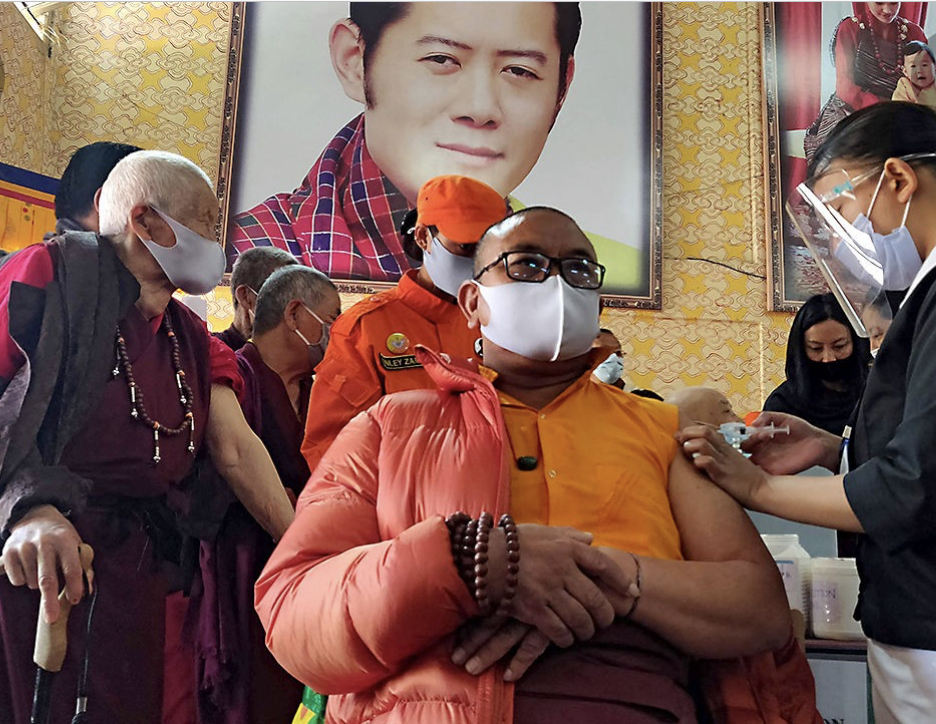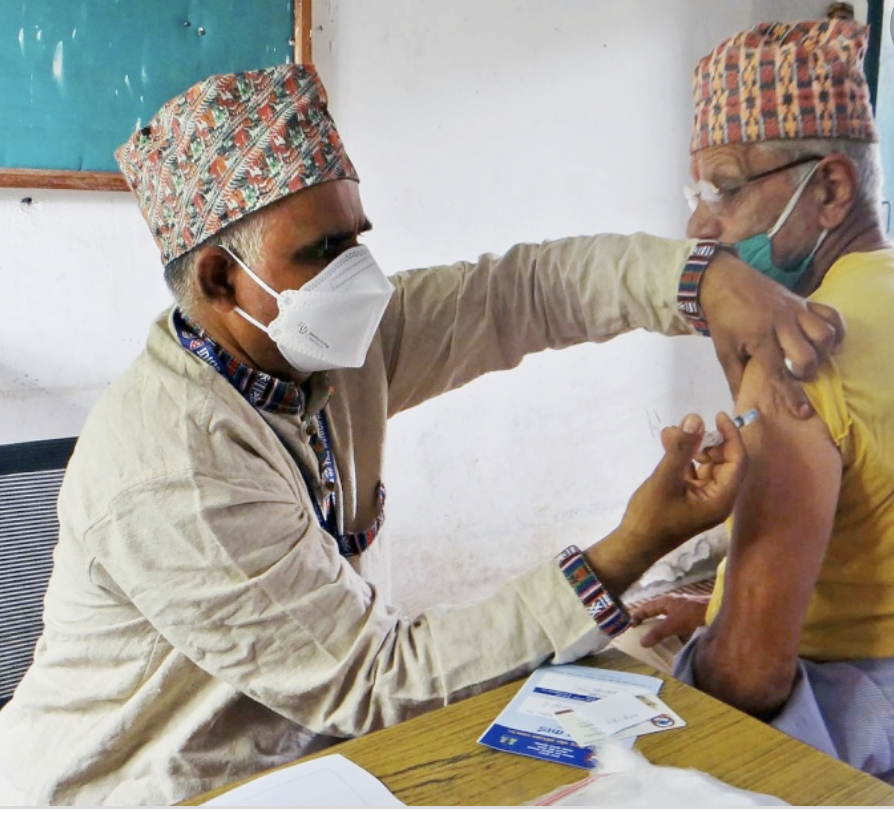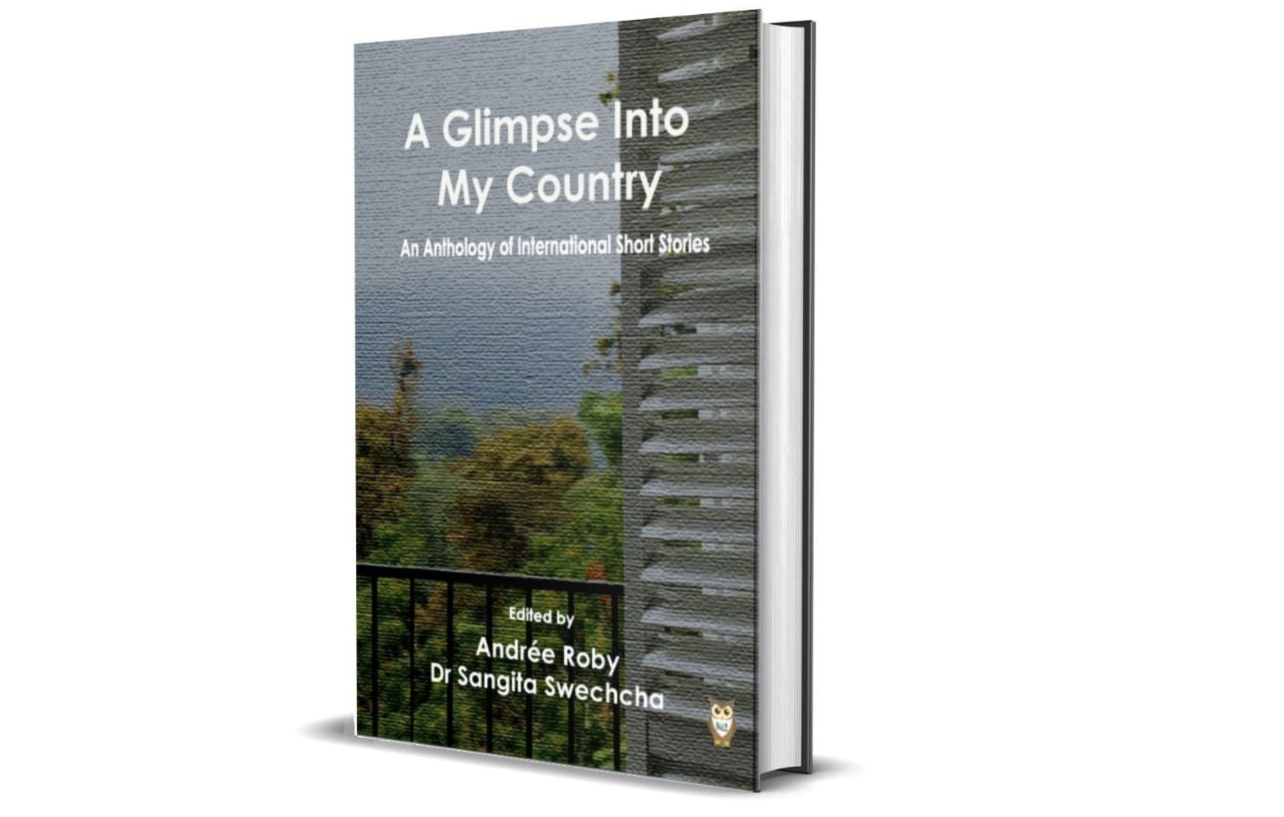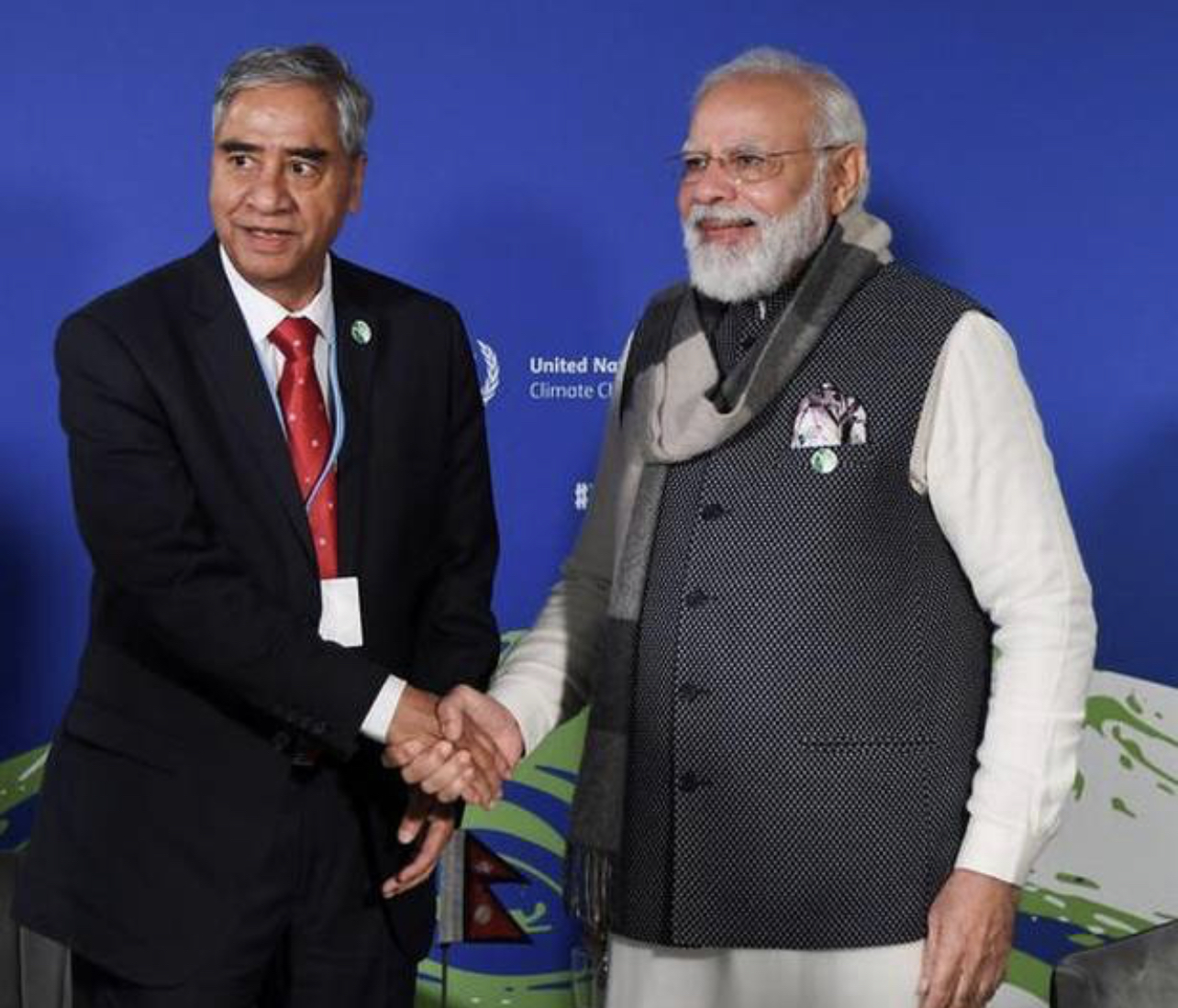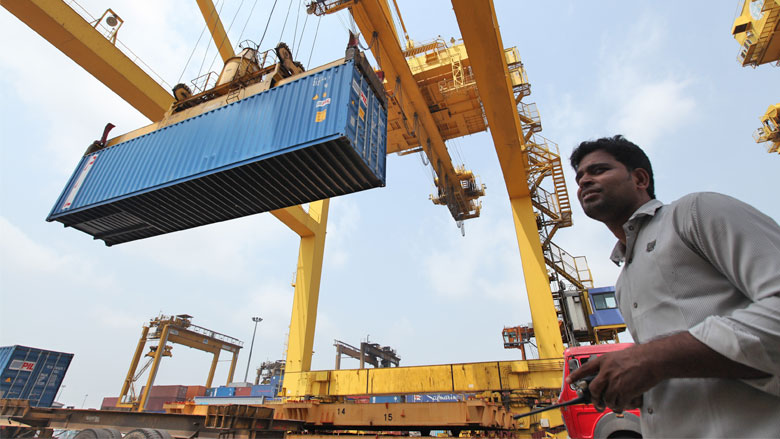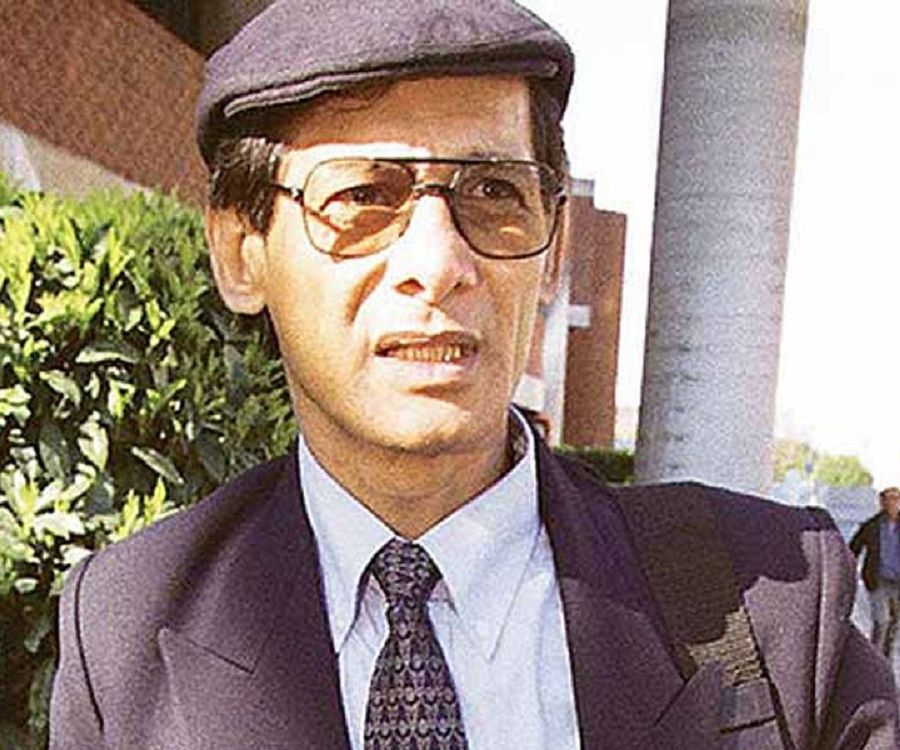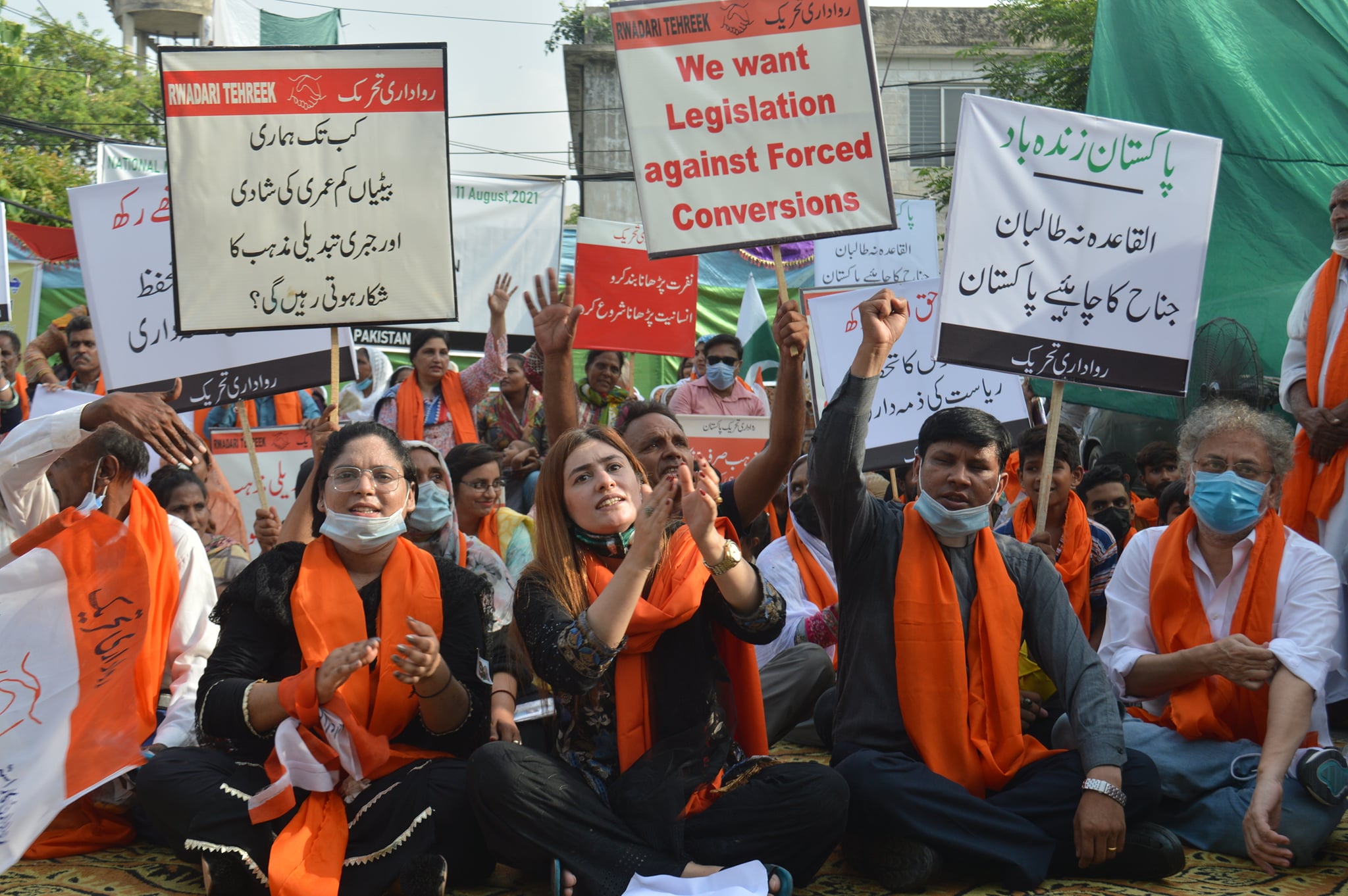London, ANI — South Asian region is facing an environmental watershed from rising sea levels endangering the Maldives and melting of glaciers affecting Nepal and Afghanistan to overdevelopment that threatens Tibet’s vital ecosystem and destabilisation caused by climate-induced migration, an expert panel discussion highlighted during a webinar on Wednesday.
In the wake of COP-26, at a December 15 virtual seminar, London-based NGO The Democracy Forum (TDF) assembled a panel of experts from a range of regions and disciplines to address this pressing issue, and discuss what solutions might be found.
TDF President Lord Bruce, during his opening address, warned that dramatic evidence of natural disasters, triggered by climate change, is fast accumulating across South Asia, and spoke of the vulnerability of the region’s urban poor to climate change.
He said that the webinar is built on an earlier TDF panel event in March, which highlighted the regional impact of environmental degradation of the Tibetan Plateau – ecological damage which, the Dalai Lama said at a 2015 Climate Conference in Paris, affects ‘billions of human lives in China, India, Pakistan and Bangladesh’.
He had also said that environmental degradation is ‘not a question of one nation or two nations [but] is [nothing less] than the survival of humanity.
While the concluding communique issued by the Glasgow Climate Conference offers, South Asian countries a path to reducing the output of greenhouse gases and mitigating the worst effects of rising temperatures and unstable weather, said Lord Bruce, it is an inescapable truth that far too many people living in the region are likely not only to experience the very worst outcomes but also face very few opportunities to escape the fateful effects.
Offering a broad perspective on climate issues affecting South Asia, Dr Shalini Dhyani, South Asia Regional Chair for IUCN Commission on Ecosystems Management, examined growing disaster risks in the region due to climate change and extreme climate events, as well as the impact of the disaster on social-ecological systems and how ecosystem-based participatory approaches can provide better solutions than technological ones. She spoke of the 16, 000 ghost villages in India, as people migrate from Himalayan villages due to loss of livelihood, basic amenities, and land degradation, and concluded that natural solutions can provide long-term answers, with many co-benefits for communities.
Tempa Gyaltsen Zamlha, Deputy Director of the Tibet Policy Institute, addressed the question of the Tibetan Plateau’s huge significance for South Asia.
At over 4,000m above sea level, this massive landmass- considered the highest and largest plateau on Earth – stretches for an area of 2.5 million sq. km, and is referred to variously as the ‘Roof of the World’, the ‘Third Pole’, the ‘Water Tower of Asia’ and the ‘Rain Maker of Asia, on account of the vast presence of glaciers, making it the chief source of Asia’s ten largest and most important rivers, giving birth to some to the greatest Asian civilisations of the past and directly feeding 1.8 billion people in the south and Southeast Asia today. The Plateau influences not only climate across South Asia – eg the timing and intensity of Indian monsoons – but also across Europe and North America, so, understanding climate change would be incomplete with studying Tibetan Plateau, However, Zamlha warned that, as a result not only of climate change but also destructive and wrong policies by the Chinese government, there have been an unprecedented number of natural disasters, such as landslides and avalanches – a situation further aggravated by Chinese construction of dams on Tibetan rivers, which also threaten to cause seismic activity.
Transboundary water politics and their influence on water and climate change policy in South Asia was the focus for Dr Sumit Vij, a Postdoctoral Researcher at Wageningen University & Research, who posed the question of whether the water crisis in South Asia will turn into water wars – although he believed this to be a ‘false narrative’. He spoke of the co-mingling of water and security issues, with water becoming a pawn to multidimensional conflicts in the region – for example,the Taliban attack on the India-built Friendship Dam in Afghanistan. Water is becoming part of a larger militarisation, said Dr Vij, but the focus should instead be on strategies of cooperation to pull South Asia out of ‘frozen conflicts’, governance and management of transboundary natural resources, and the use of powerful tools such as diplomacy and dialogue.
Challenges facing South Asia, particularly from a water perspective, was an area of concern for Dr Naho Mirumachi, Reader in Environmental Politics at King’s College London, who considered the varied and interconnected nature of environmental and water issues, as well as what water is being used for, and why is it is an environmental ‘crisis’.She looked at the role of agriculture and agri-businesses, the biggest water users, which are draining on other purposes, such as drinking water or water for sanitation, recognised as basic human rights. Dr Mirumachi also highlighted the pitfalls of seeing the situation through a ‘crisis’ lens, saying that viewing the problem as a ‘natural’ phenomenon ignores its political and socio-economic aspects and thus absolves states of responsibility to take action on behalf of their citizens.
This socio-political context was also raised by Dr Kasia Paprocki, Associate Professor in Environment at the LSE, who spoke on the political aspects of climate crisis discourse in Bangladesh, including local implications and contestations. Her key message was about the problems with climate crisis rhetoric and the corresponding responsibilities of nations of the global north in addressing the challenges faced by countries of the global south, including those of South Asia. Dr Paprocki did not see the disappearance of land in, for example, Bangladesh due to climate-induced rising sea levels as inevitable – indeed, such narratives shape interventions in the region for climate change adaptation. If climate crisis is thought to be inevitable, she argued, then the strategies for addressing it are different. Further, she argued that many of the most severe impacts of ongoing ecological change in the region are the result of development interventions that have exacerbated conditions of social and ecological insecurity in Bangladesh’s coastal areas – part of the legacy of colonialism.
On the subject of phasing out coal, Tim Forsyth, Professor of Environment and Development at the Dept of International Development, London School of Economics, spoke about how, after COP26, the UK conference chair Alok Sharma said that India and China had to explain their position on coal to other countries. This statement followed negotiations to ‘phase out’ coal, but China and India only committed to ‘phasing down’ coal. But Prof. Forsyth said the situation was more complex, as he highlighted the history of negotiations in the Climate Change Convention about technology transfer and industrial development, which showed Sharma’s comments in a different light. He also discussed the main tasks needed to phase out coal, and barriers to this, such as the complexity of India’s huge reliance on coal and how countries that want to grow industry and development cannot simply stop reliance on their major power source.
Summing up discussions, TDF Chair Barry Gardiner, MP said one cannot see the climate crisis as a single thing divorced from bio-diversity, and we cannot see the climate and ecological crisis in biodiversity as distinct from sustainable development goals. He also spoke of a ‘global green grid’ initiative, put forward at COP26, and which he had personally discussed with Indian Prime Minister Narendra Modi, while to an audience question on whether peace should be at the centre of climate issues, Gardiner said justice had to precede peace, and sustainability had to precede justice.




